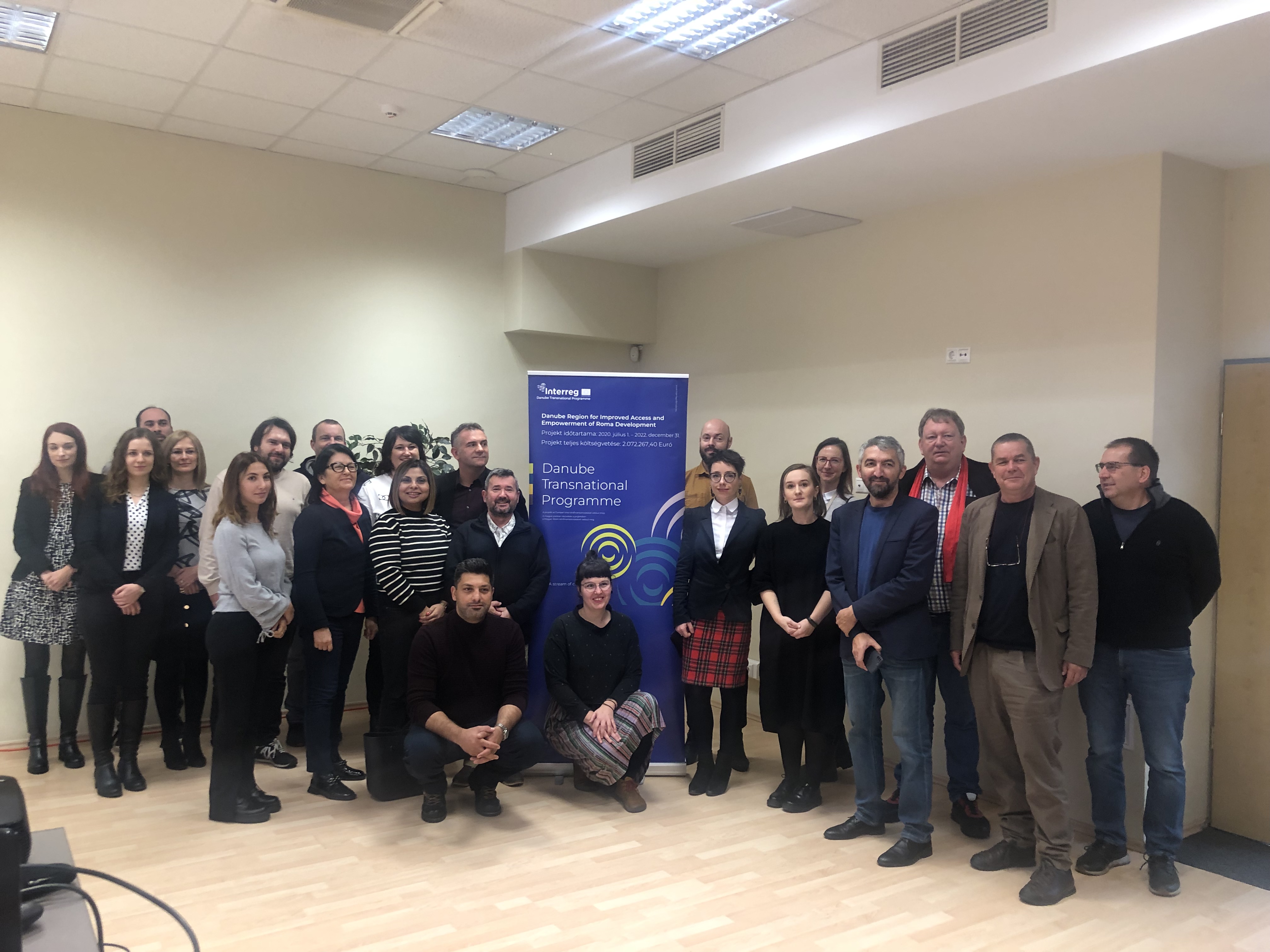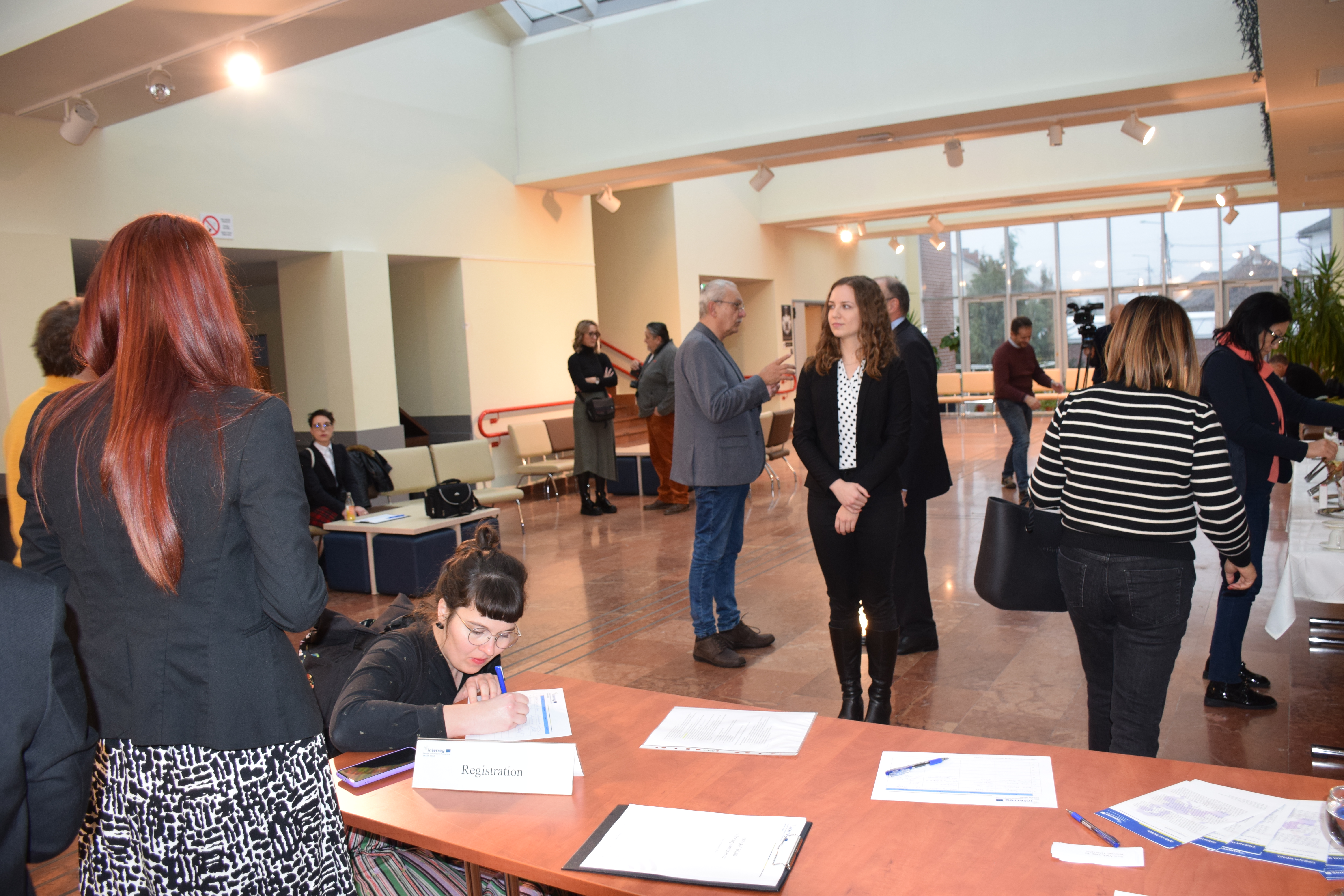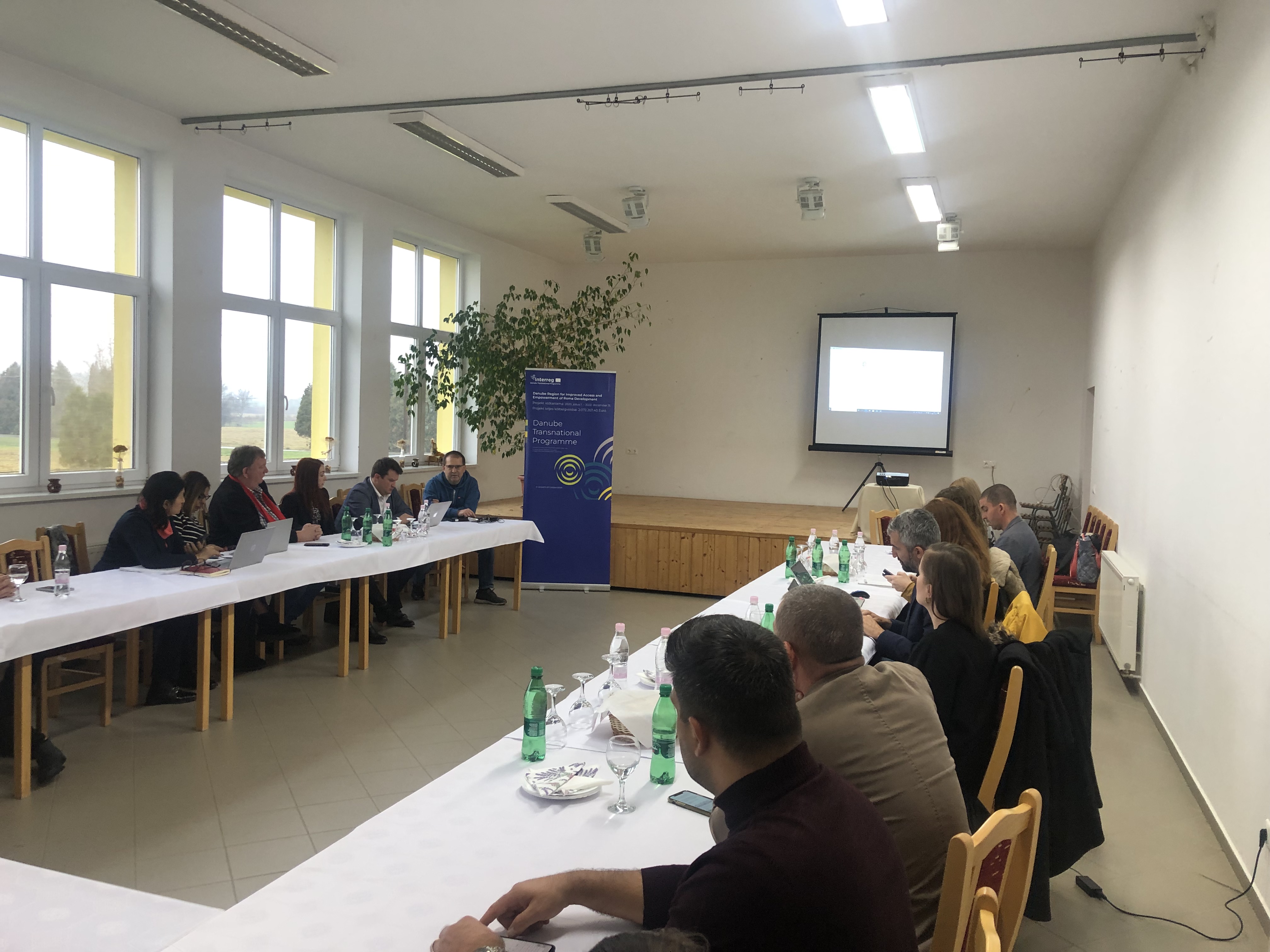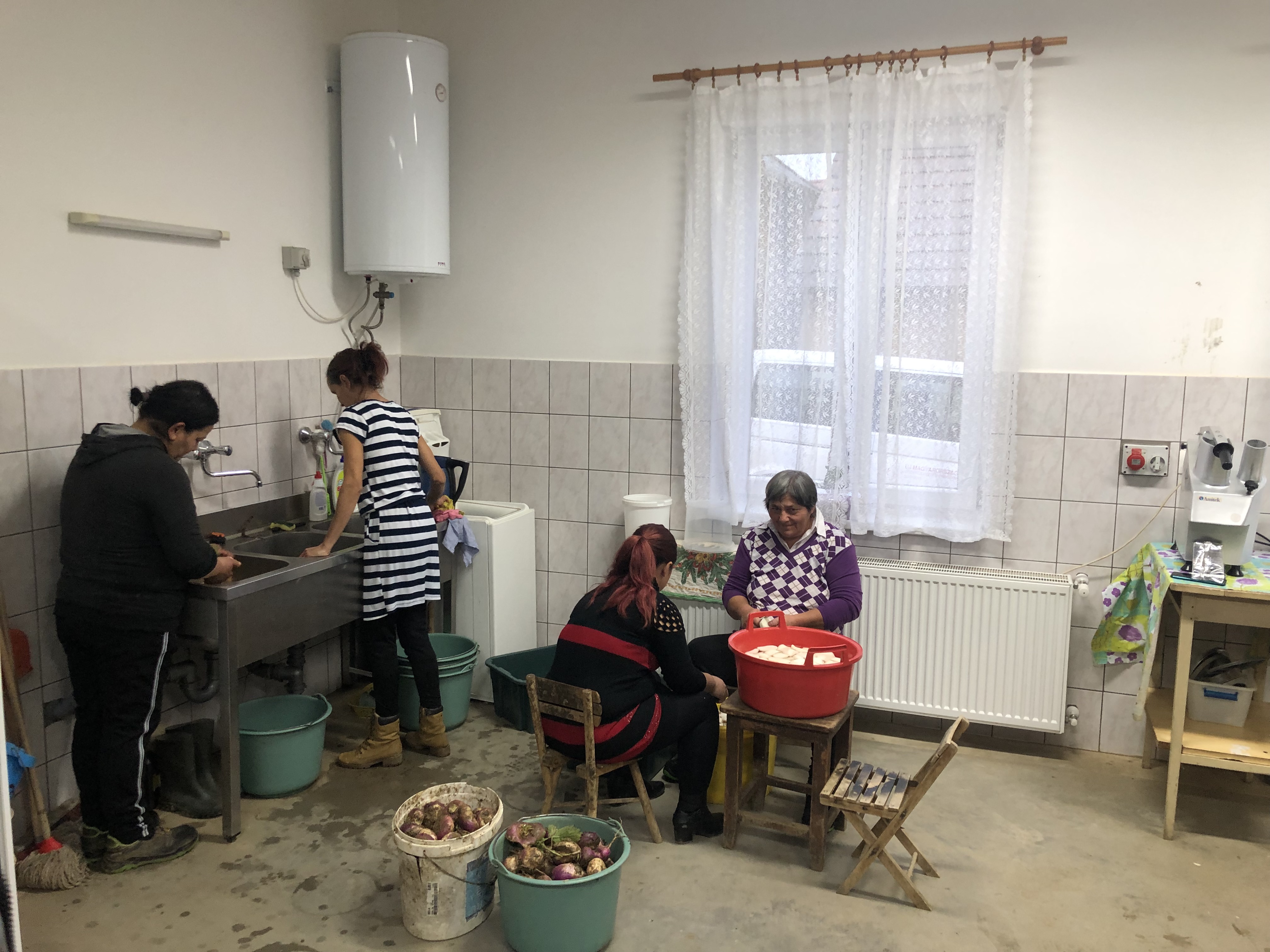DREAM ROAD - CLOSING CONFERENCE of the DREAM ROAD PROJECT
01-12-2022

The final conference of the Danube REgion for improved Access and eMpowerment of ROmA Development (DREAM ROAD) project took place on November 30th, 2022 in Lenti, Hungary. Project partners from ten participating countries gathered to present the results and experiences obtained at the nearly end of the project.

The vice-president of the General Assembly of the Zala County in Hungary, Imre Pácsonyiu, and the director of the Research and Education Center Mansion Rakičan, dr. Robert Celec had the opening greetings. In their speeches, both emphasized the importance of such projects and the importance of transnational cooperation.
On behalf of RIS Mansion Rakičan, which is the lead partner of the project, Tamara Muhič presented the results and good practices. Her presentation was followed by Vendel Orsós, child and youth protection inspector at the Regional Primary School of the Csapi district in Hungary. In his speech he emphasized the difficult conditions faced by many children in their district. In addition to the general lack of basic goods, they also face segregation and violence. Together with his colleagues, he fights to improve the conditions of these children, to enable them to have a better future, to finish school and escape from the vicious cycle of poverty. The project manager of the partner Nevo Parudimos Association, Romania, Daniel Grebeldinger, presented the analysis and strategy of Roma inclusion. The analysis included all participating countries and showed the difference in the quality of life of the Roma. According to the parameters of the analysis, living in Austria is most favourable for them.
This was followed by a demonstration of good practice by the project partner Amalipe Center for Interethnic Dialogue and Tolerance, Bulgaria. Among other things, they presented their very successful idea for learning lab, created as part of the DREAM ROAD project, where an old bus was converted into a mobile unit, equipped with laptops, TVs, and multimedia. Roma parents were included in the trainings that took place in the restored bus. They can pass on the knowledge they gain to their children.
At the end of the conference, a representative of the organizer, project partner Zala County Regional Development Agency, presented the Transnational Danube Cooperation Strategy.
Afterwards there was a partner meeting and a visit to local good practice. In Mikekarácsonyfa, Hungary, the project partners saw the integration of Roma into a local organization, which primarily offers work to Roma women in the field of agriculture and the production and processing of local food. Many of them then decide to cultivate the land around their own homes, as they realize that they can grow majority of food themselves. They are also motivated to look for jobs, because with additional income they can provide a better life for themselves and their children.


